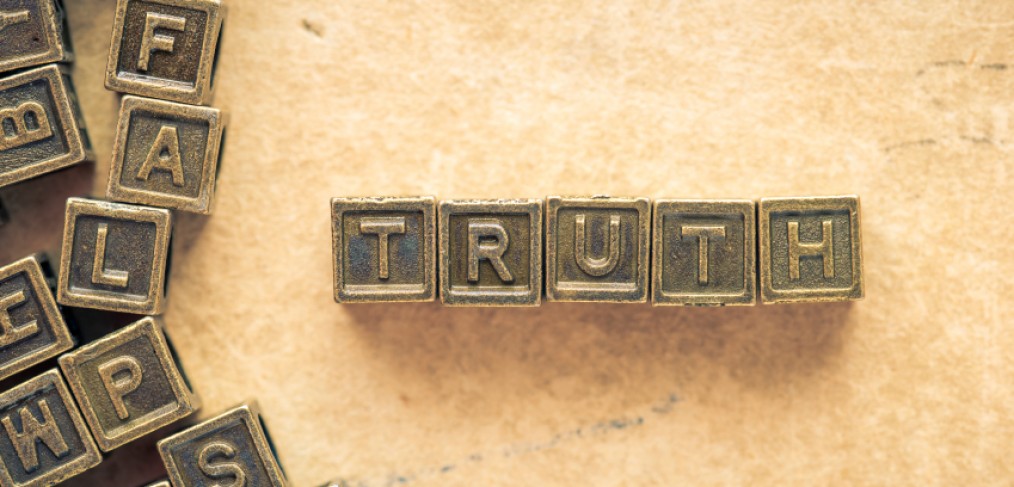When we are children, so much of what we experience is new and exciting to us. Childlike wonder is a marvelous thing, and no other feeling is quite like it. It is excitement in the very heart of our being. Part of the feeling is due to the newness of childhood experiences—we’ve never previously considered them as a possibility. As we get older and have a range of experiences behind us, our ability to recapture that feeling falls off dramatically. We may still have new experiences, but they have familiar elements—they aren’t completely foreign to us. When we get to this point in our lives, we risk becoming jaded—not even being open to the kind of childlike wonder that we experienced in our youth. Can we keep the ability to find wonder in the world?
When you think about what you want from life, what do you immediately see?Like anything we try to achieve in our lives, we will be much more likely to be successful if we are specific and intentional. Creating and continuously honing our idea of what success looks like is an important aspect of achieving our goals as well as developing goals that will make our lives meaningful. Most of us, if asked what we want from life, should at least be able to answer in general terms—raising happy, healthy children, providing for our families, happiness. But how many have a deeper or more specific answer at the ready—a vision for their lives and a path to making that vision a reality?
I am please and excited to announce the publication of the new Blocks of Life Book! Get all the BOL goodness in one place plus additional insights about how to create a happy, meaningful, and fulfilling life.
You can find the book on Amazon (just click on the link!).
The desire to lead a wonderful life is a universal human trait—just consider the many self-help books promising to reveal the one “true secret” of happiness and success, based on the author’s personal experience.
Such books miss a vitally important point: what brings one person fulfillment may bring another person stress. Each person takes a different route to a meaningful life—there is no single path.
Blocks of Life accepts this truth and builds on it.
How much of our lives is spent waiting for something to end?
The car ride while commuting to work, a boring meeting, waiting for a doctor or a flight—how many things fall into the category of waiting for time to go by?
At other times in our lives, we feel like we don’t have enough time; we have to prioritize and squeeze things in. Sometimes, we feel like we never have a moment to ourselves to decompress and regroup.
This dichotomy in our perception of the passing of time is not necessary. To address it, we have to pay attention to our wandering brains and direct them where to go.
The truth can be elusive.
Some believe that there are many factors that influence how we interpret what is or isn’t true, including our values, experiences, culture, and condition.
Our truth may not be the same as someone else’s truth. Each of us has our own reality based on what brought us to where we are in our lives and how we see the world.
When the truth of two different people is revealed as different, it can seem as if one or the other person is intentionally obscuring the truth (aka lying). Of course, some people do tend to give truth (even their own truth) a wide berth. So how can we tell if people are misrepresenting what they believe to be true, or if their reality just differs from our reality?





